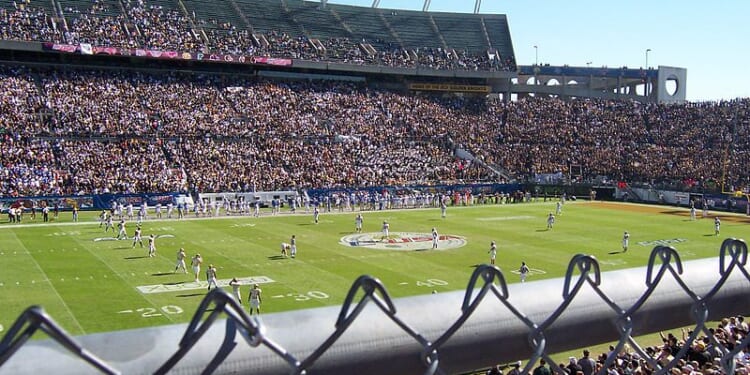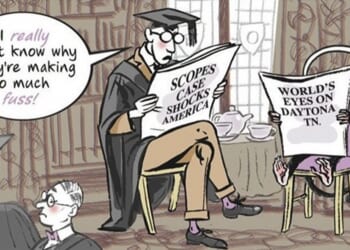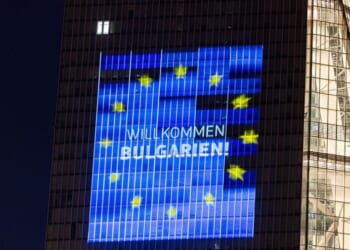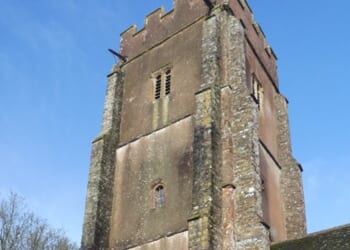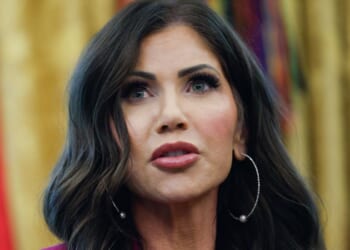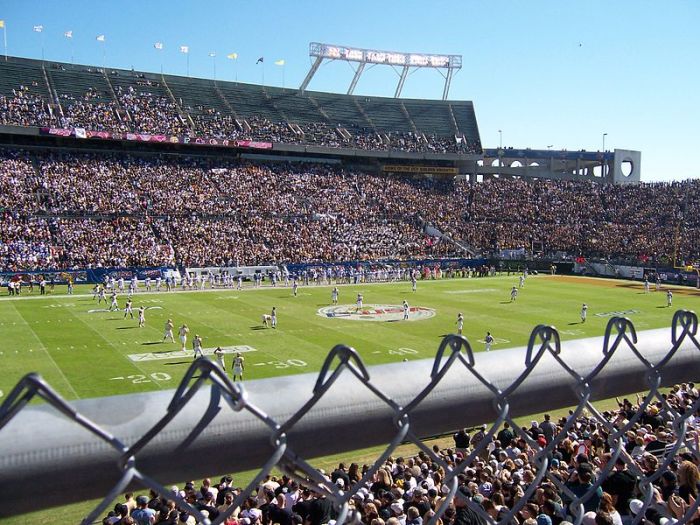
The U.S. Supreme Court has declined to take up a Florida Christian school’s challenge to an athletic association’s refusal to let them conduct a prayer over the loudspeaker at a championship game.
In an orders list released Monday morning, the Supreme Court denied without comment a request for oral arguments in the case of Cambridge Christian School, Inc. v. Florida High School Athletic Association.
The denial of the certiorari in the case leaves in place an appeals court panel ruling against the school, which had concluded that a loudspeaker prayer constituted government speech.
It is a common practice for Cambridge Christian to have a prayer spoken on a loudspeaker before their sports event. In December 2015, Cambridge Christian and University Christian School played a state championship game at the Citrus Bowl Stadium. While both teams requested that a prayer be spoken over the loudspeaker in advance of their game, the FHSAA rejected their request.
Roger Dearing of FHSAA told the schools that the Citrus Bowl was “a public facility, predominantly paid for with public tax dollars, [making] the facility ‘off limits’ under federal guidelines and precedent court cases.”
“In Florida Statutes, the FHSAA (host and coordinator of the event) is legally a ‘State Actor,’ we cannot legally permit or grant permission for such an activity,” Dearing said at the time.
Cambridge Christian filed a lawsuit against the association in September 2016, represented by the conservative legal group First Liberty Institute and the law firm Greenberg Traurig.
In June 2017, U.S. District Judge Charlene Edwards Honeywell ruled against the Christian school, concluding that the loudspeaker would have constituted government speech and thus violated the Establishment Clause of the First Amendment.
A three-judge panel of the 11th U.S. Circuit Court of Appeals issued a unanimous decision partly reversing the ruling in November 2019, with Circuit Judge Stanley Marcus authoring the court’s opinion.
Marcus, a Clinton appointee, concluded that “the district court was too quick to dismiss all of Cambridge Christian’s claims out of hand” and that “the schools’ claims for relief under the Free Speech and Free Exercise Clauses have been adequately and plausibly pled.”
“And while we agree with the district court that the loudspeaker was a nonpublic forum, we conclude that Cambridge Christian has plausibly alleged that it was arbitrarily and haphazardly denied access to the forum in violation of the First Amendment,” he continued.
The case was remanded back to Honeywell, who again ruled against Cambridge Christian in April 2022, concluding that “even if some portion of the speech is considered private speech, the court finds no constitutional violation occurred.”
In September of last year, a different three-judge 11th Circuit panel considered the case, opting to uphold the district court decision against the Christian school.
Circuit Judge Ed Carnes, a George H.W. Bush appointee, authored the unanimous 2024 panel opinion, writing that “we agree with the district court that the speech at issue is government speech.”
“Because we conclude that the FHSAA was regulating its own expression when it restricted pregame speech over the PA system at the 2015 football championships … Cambridge Christian’s free exercise claims fail,” wrote Carnes.
Jeremy Dys, senior counsel at First Liberty Institute, said in a statement Monday that he is “disappointed” by the Supreme Court’s rejection.
“The Eleventh Circuit’s decision to label the prayer as government speech abandons the foundational promises of the First Amendment that are meant to guarantee individual freedom,” said Dys in a statement.
Attorneys representing Cambridge Christian filed an appeal with the Supreme Court in June, with Dys saying in a statement at the time that “the prayer requested cannot be government speech because the only view to be expressed would have come from Cambridge, not the FHSAA.”
In May 2023, Florida Gov. Ron DeSantis signed a law that permitted sports teams to give brief opening remarks, which can include prayers, before high school athletic contests.

